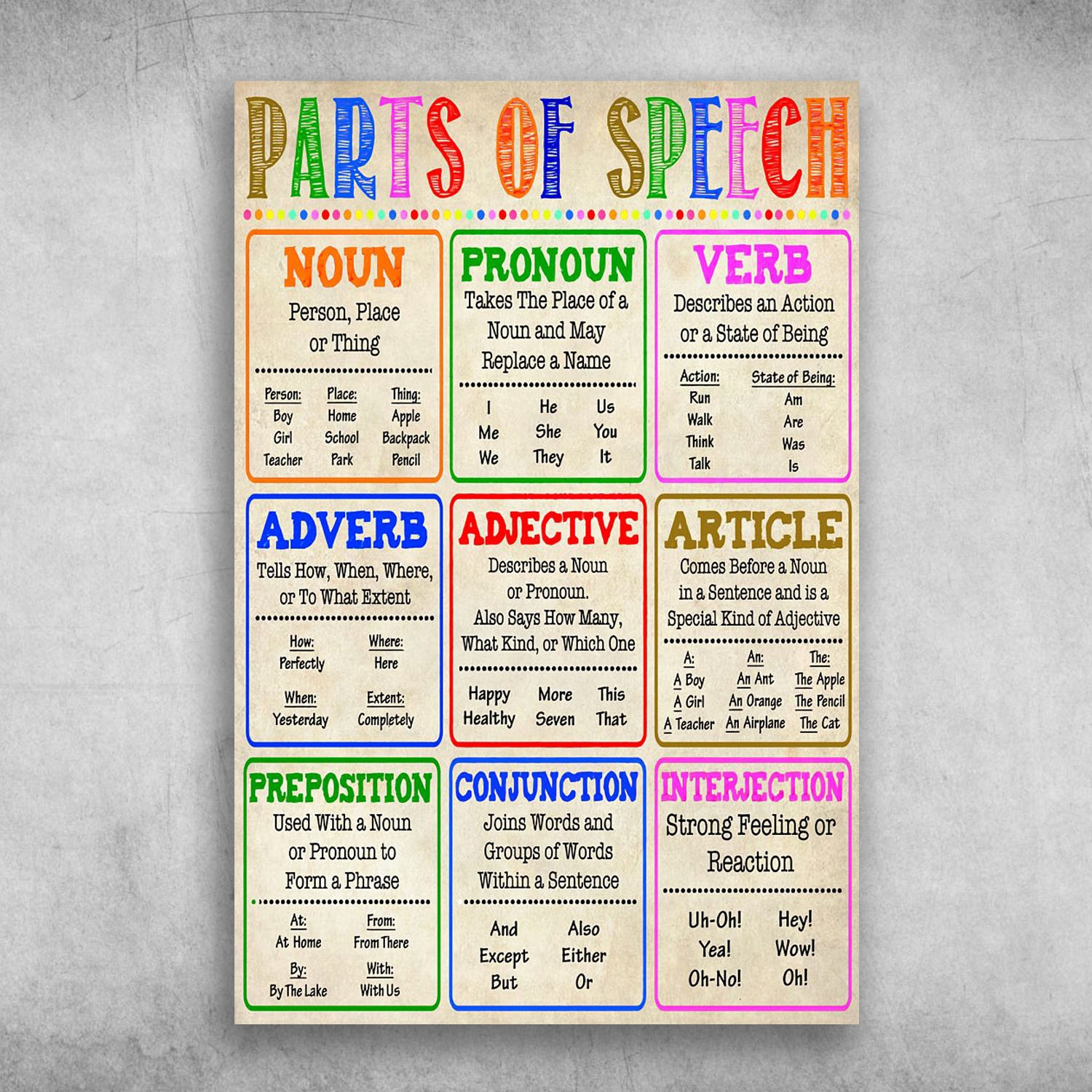Understanding the differences between nouns, verbs, adjectives, and adverbs is essential in mastering the English language. Each of these parts of speech plays a unique role in constructing sentences and conveying meaning effectively. In this article, we will explore the distinctions between nouns, verbs, adjectives, and adverbs, and how they function within sentences.
Nouns, verbs, adjectives, and adverbs are the building blocks of sentences. Nouns are the names of people, places, things, or ideas, while verbs express actions, states, or occurrences. Adjectives describe or modify nouns, and adverbs modify verbs, adjectives, or other adverbs. Understanding the differences between these parts of speech is crucial for clear and effective communication.
Noun vs Verb Adjective Adverb
One of the key distinctions between nouns and verbs is their function in a sentence. Nouns typically serve as the subject or object of a sentence, while verbs indicate the action or state of being. For example, in the sentence “The cat (noun) chased (verb) the mouse,” “cat” is the noun that performs the action, and “chased” is the verb that describes the action.
Adjectives and adverbs, on the other hand, provide further description and detail within a sentence. Adjectives modify nouns by adding information about their qualities or characteristics. For instance, in the phrase “beautiful flowers,” “beautiful” is an adjective that describes the noun “flowers.” Adverbs, on the other hand, modify verbs, adjectives, or other adverbs to provide additional information about how, when, where, or to what extent an action is performed. In the sentence “She sings (verb) very (adverb) loudly (adverb),” “very” and “loudly” are adverbs that modify the verb “sings.”
Understanding the distinctions between nouns, verbs, adjectives, and adverbs is essential for constructing clear and effective sentences. By using these parts of speech correctly, writers and speakers can convey their ideas accurately and precisely. Whether you are writing a formal essay, crafting a creative story, or simply engaging in everyday conversation, a solid grasp of these fundamental elements of language will enhance your communication skills.
In conclusion, mastering the differences between nouns, verbs, adjectives, and adverbs is crucial for effective communication in the English language. By understanding how these parts of speech function within sentences and how they interact with one another, you can enhance your writing and speaking skills. Practice identifying and using nouns, verbs, adjectives, and adverbs in various contexts to improve your language proficiency and convey your ideas with clarity and precision.
